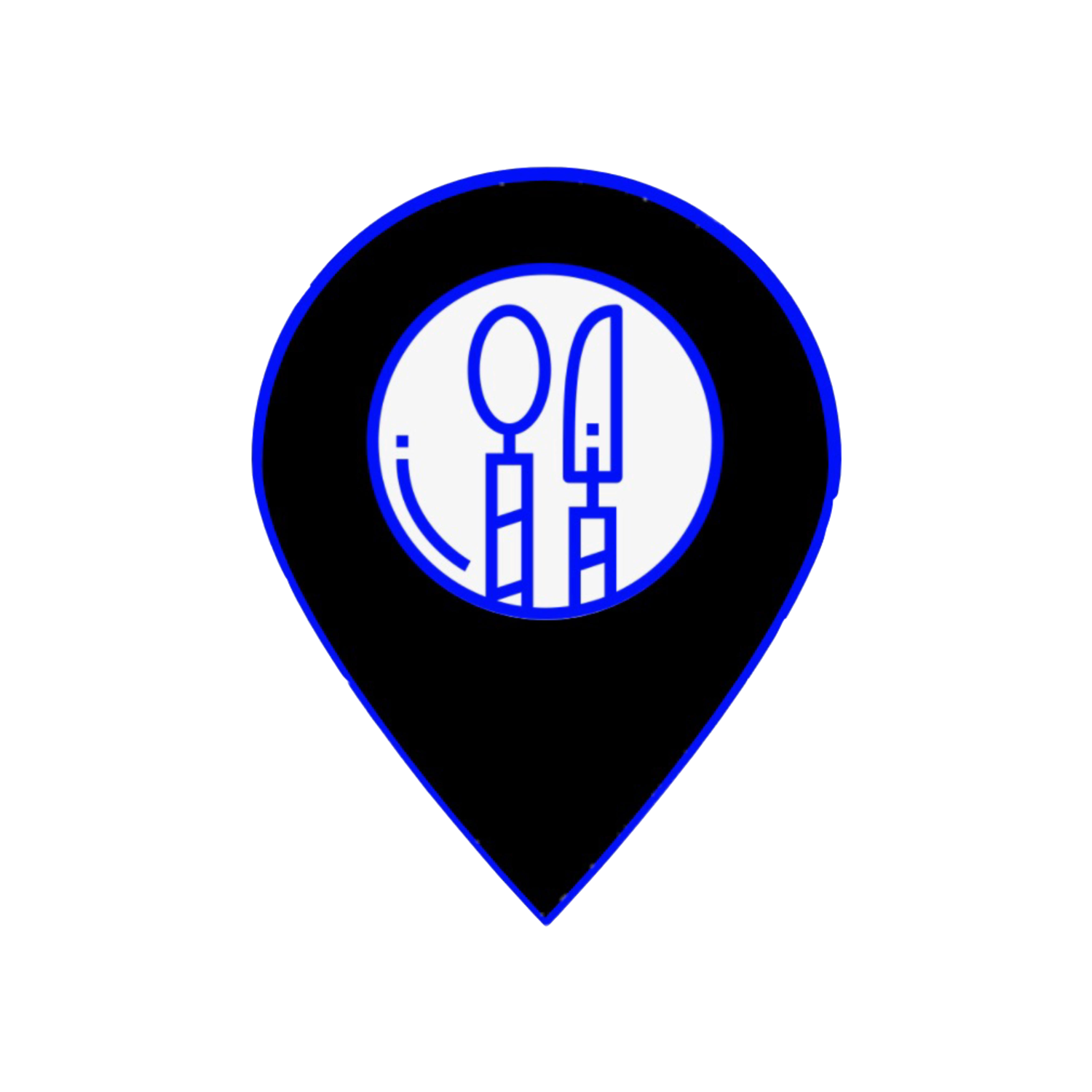10 STEPS TO BUILD A NEW HABIT!
Habits get talked about a lot!
“I need to build better habits!”
“It takes 21 days to build a new habit!”
“I gotta break my bad habits!”
The problem? Habits get TALKED about a lot, but there isn’t much emphasis on how to actually do it. Habits need to be a synergy of thought and action. Talk AND process. Making behavior become a habit isn’t just about taking an arbitrary 21 days. And it is certainly not just about breaking bad habits. Here’s my ten steps to building a sustainable habit.
Identify the habit
What do you need to work on? Or what do you want to work on? Be specific. Avoid vague terms like “Sleep better” or “Eat better,” More specific habits could look like “Have a healthy sleep routine” or “Meal prep breakfast and lunch every day.”
Prioritize implementation
It can be very easy to get excited about a multitude of new habits you want to put into action. Don’t fall into the trap of trying to do everything at once. Take an honest look at your ideas and prioritize them on the basis of which will have the greatest impact or might require the greatest impact. Trying to build five new habits at once and only succeeding at one or two is less productive than focusing on two to start, feeling good about your success and moving to the next.
Be clear on purpose
What is the reason for building this habit? Why is it important? What does it support in your life? If breaking bad habits is important to you, I believe it is about identifying the purpose the bad habit serves in your life and defining a new healthy habit that meets that need. You can’t just break habits without replacing the space left behind with new behavior. You need to understand why this new habit matters.
Define when it is needed
Habits are not just about building routines (more on that soon!) but are also about creating empowered responses to challenging situations. Habits are about behavioral change. Negative habitual behaviors are often the result of triggers that can be situational and/or emotional. Decide if the habit you want to build is about a routine or triggered behavior, and define when you will need to use it. Building this awareness can be one of the most challenging steps you take and that is normal!
Define the action needed
What does this habit specifically look like in action? Again, don’t be vague. Clearly define the action steps of the habit. I’ll use meal prepping as an example again, this habit includes meal planning, grocery shopping, cooking and storage. Another example could be building a habit of regular exercise, which requires you define when, where, and what you will do.
Make it manageable and achievable
Many of these steps lead right into each other and need consideration almost simultaneously. When you look at the actions of your habit you need to feel confident that you can take those actions and be successful at them. Trying to implement a habit that you know is out of reach of your current capabilities is an exercise in futility. If that habit is still important to you, think of the actions that will help you become capable of it and work on the habits that will get you there.
Use routine as appropriate
I said I would come back to this because while some habits are about immediate reactions many are about the implementation of new routines. Treat the timing and frequency of your habit actions like you would important meetings for work. Be decisive in scheduling, and avoid postponing unless you determine that your scheduling was not appropriate for that habit. Does your habit require daily adherence at a specific time? Is a habit built around frequency?
Be realistic and patient
The widespread message that building a new habit takes 21 days is a fallacy based on the misinterpretation of the research of Dr. Maxwell Martz. Current research suggests that the time period is closer to 66 consistent days. Too often we give up too soon because we don’t see that magic 21 day mark show success. The truth is your path is individual. Some habits may come easily and others may take long term effort. Be kind to yourself about your progress. Focus more on your honest application of the behavior and the impact it is having, instead of chasing quick fixes.
Don’t skip assessment
Habit implementation isn’t just about action. At regular intervals assess your efforts and your consistency. Be open to learning about yourself. Is this habit actually meeting the need you believed it would? You may find that you are changing your behavior but not seeing the results you wanted. Be okay with this discovery, learn lessons from it, and build new habits with the knowledge you gain.
Celebrate success!
I am not talking about buying yourself something new because you have implemented a new healthy habit. I am talking about acknowledging your wins along the way when you go through this process and identifying what success will look like for your habit. Is your habit moving you closer to your goals? That is a huge win! Don’t get caught up in how far you still have to go. Positive feedback matters at all points of our journeys and too often we don’t see how important it is to give that feedback to ourselves!
I hope that you have found this hike through the path of habit formation helpful and would love to talk to you about how it is going for you! You can click here now to set up a time for us to talk about it.

